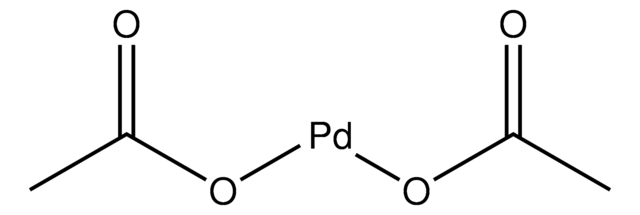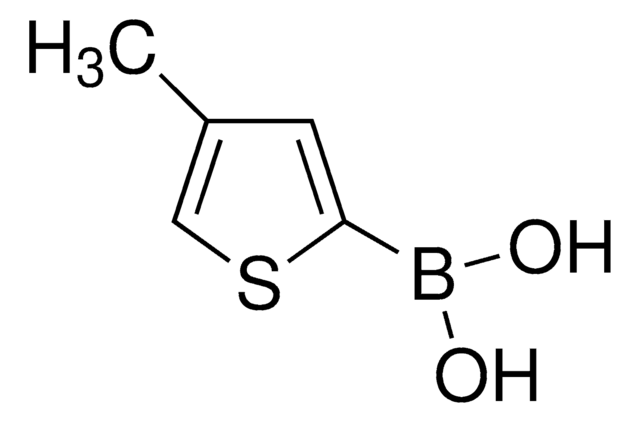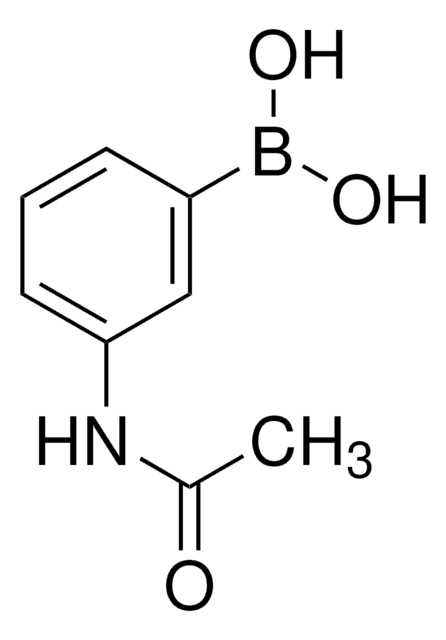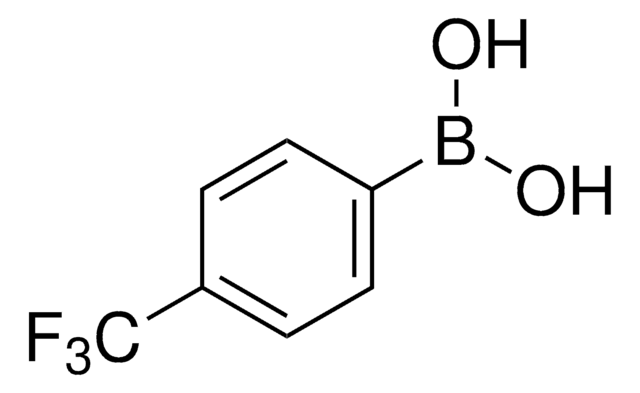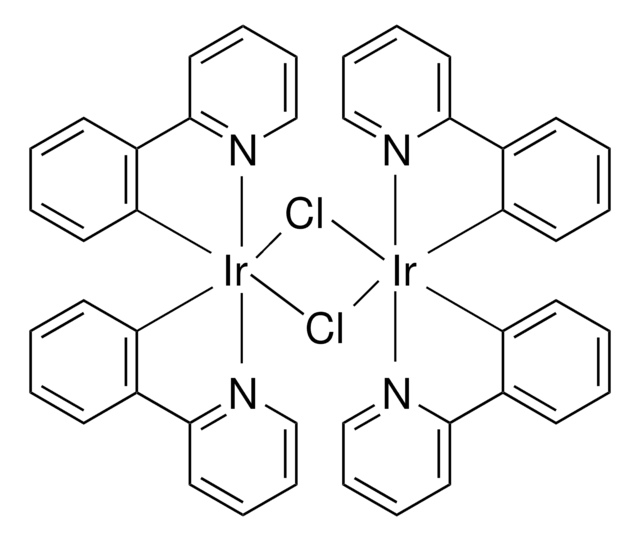913391
2-[2-Fluoro-4-(trifluoromethyl)phenyl]-5-(trifluoromethyl)pyridine
Synonym(s):
FCF3(CF3)ppy
Sign Into View Organizational & Contract Pricing
All Photos(2)
About This Item
Empirical Formula (Hill Notation):
C13H6F7N
CAS Number:
Molecular Weight:
309.18
UNSPSC Code:
12352200
Recommended Products
form
powder or crystals
Application
2-[2-Fluoro-4-(trifluoromethyl)phenyl]-5-(trifluoromethyl)Pyridine is a ligand used for the preparation of Ir(III) photocatalysts.
Product can be used with our line of photoreactors: Including Penn PhD (Z744035) & SynLED 2.0 (Z744080)
Product can be used with our line of photoreactors: Including Penn PhD (Z744035) & SynLED 2.0 (Z744080)
Signal Word
Warning
Hazard Statements
Precautionary Statements
Hazard Classifications
Eye Irrit. 2 - Skin Irrit. 2
Storage Class Code
11 - Combustible Solids
WGK
WGK 3
Flash Point(F)
Not applicable
Flash Point(C)
Not applicable
Choose from one of the most recent versions:
Certificates of Analysis (COA)
Lot/Batch Number
Sorry, we don't have COAs for this product available online at this time.
If you need assistance, please contact Customer Support.
Already Own This Product?
Find documentation for the products that you have recently purchased in the Document Library.
Jian Zheng et al.
Journal of the American Chemical Society, 141(34), 13625-13634 (2019-07-23)
Enantioselective catalysis of excited-state photoreactions remains a substantial challenge in synthetic chemistry, and intermolecular photoreactions have proven especially difficult to conduct in a stereocontrolled fashion. Herein, we report a highly enantioselective intermolecular [2 + 2] cycloaddition of 3-alkoxyquinolones catalyzed by
Jack Twilton et al.
Angewandte Chemie (International ed. in English), 57(19), 5369-5373 (2018-03-01)
The combination of nickel metallaphotoredox catalysis, hydrogen atom transfer catalysis, and a Lewis acid activation mode, has led to the development of an arylation method for the selective functionalization of alcohol α-hydroxy C-H bonds. This approach employs zinc-mediated alcohol deprotonation
Our team of scientists has experience in all areas of research including Life Science, Material Science, Chemical Synthesis, Chromatography, Analytical and many others.
Contact Technical Service